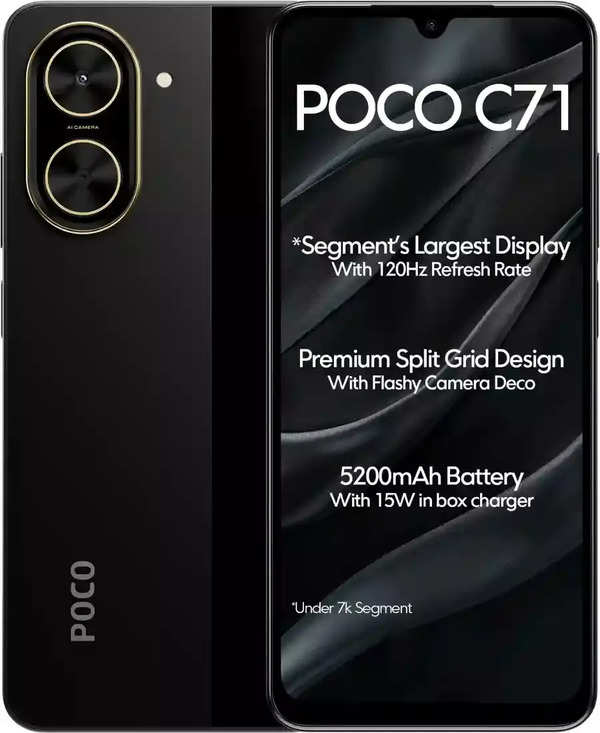In the annual tradition of ‘corporate fun’, April 1st, 2025 delivered a fresh batch of elaborate hoaxes designed to delight, deceive, and occasionally disappoint consumers worldwide. From AI with attitude to impossible store layouts, companies spared no creativity in their pursuit of viral attention. Here's our comprehensive roundup of this year's most ingenious and eye-rolling pranks.
OpenAI's "Monday" voice mode
OpenAI unveiled "Monday," a temporarily available voice option with all the enthusiasm of a teenager forced to clean their room. Users reported exaggerated sighs and sarcastic quips when interacting with the normally helpful AI. "Why do you sound so pissy?" one user asked, receiving the withering response: "Oh, I don't know, maybe because it's Monday, and here I am stuck explaining the obvious." The voice will reportedly remain available through April, giving users ample time to experience digital eye-rolling firsthand.
Duolingo's five-year world cruise
Language app Duolingo partnered with Carnival Cruise Lines to announce an ambitious five-year world cruise visiting 195 countries and utilizing over 40 languages. The elaborate prank featured Duolingo's owl mascot as cruise director and a cautionary tale of one passenger who forgot to maintain his daily streak and was consequently shot out of a waterslide. The fictional cruise represented perhaps the most extreme version of immersive language learning—and the longest vacation request your boss would ever deny.
Zepto brings back nostalgic snacks
Food delivery app Zepto targeted millennials' nostalgia by advertising a new section featuring discontinued favorites like Bytes chocolate, Hippo chips, and Pepsi Blue. The prank was particularly effective because it tapped into genuine longing for these products, causing many users to share the "news" before realizing the date. The company demonstrated keen insight into emotional connections with discontinued treats, making it one of the more psychologically effective pranks of the day.
ElevenLabs' Text-to-Bark
Voice cloning startup ElevenLabs promised to solve the age-old question of what our pets are thinking with their "Text-to-Bark" technology. The AI tool claimed to enable "cross-species communication" by translating human language into canine barks and vice versa. The prank capitalized on pet owners' universal desire to understand their four-legged companions, offering a tantalizing glimpse into a world where "Throw the ball" could be met with more than just excited panting.
Dbrand's "Touch Grass" skins
Accessory company Dbrand brilliantly transformed the internet's favorite insult—"touch grass"—into a tangible product with their Touch Grass collection. These artificial turf skins for over 100 different devices allow tech enthusiasts to feel something resembling nature without abandoning their screens. Unlike many April Fools' jokes, these are actually available for purchase, priced from $29.95 for smartphones to $69.95 for laptops—proving that sometimes the best pranks are the ones that become reality.
Yahoo Agricultural Interface
Not to be outdone in the "touch grass" department, Yahoo introduced their Agricultural Interface—a keyboard featuring actual grass and flowers sprouting from each key. The company promised this "groundbreaking" innovation would bring "grassroots technology right to your fingertips," allowing users to commune with nature while still doom-scrolling. The mock product demonstration showed surprisingly lush growth between the keys, though touch-typing skills would clearly need to evolve to accommodate seasonal growth patterns.
IKEA's linear store
Swedish furniture giant IKEA tackled its reputation for labyrinthine layouts with a fictional solution: a completely linear store stretching approximately 1.25 miles. This "store that is impossible to get lost in" would eliminate the notorious IKEA experience of entering for a single lampshade and emerging three hours later with armfuls of unpronounceable home goods. The straight-line concept promised to revolutionize the furniture shopping experience by removing the possibility of wandering aimlessly through endless showrooms of Scandinavian minimalism.
Nothing's 50-meter headphone cable
Smartphone maker Nothing pushed the boundaries of practicality with their fictional "ear (3.5 mm)" headphones featuring a 50-meter (54-yard) cable. Marketed as "Beautifully Inconvenient," the product mock-up showcased classic wired headphones with an absurdly long cable—longer than half a football field. The prank cleverly satirized both the trend toward wireless audio and nostalgic attachment to traditional headphone jacks, leaving users to imagine the logistical nightmare of managing 50 meters of tangled cord.
Royal Albert Hall's Nokia 3310 experience
London's prestigious Royal Albert Hall announced plans to host an "Immersive Nokia 3310 Experience," leveraging early 2000s nostalgia in grand fashion. The fictional event would feature the Royal Philharmonic Orchestra performing classic Nokia ringtones, live-streamed Snake II gaming projected for the audience, and a special organ performance using a T9 keyboard. This elaborate prank imagined a world where the iconic "Nokia tune" receives the same reverence as classical compositions, complete with formal orchestra attire.
Manforce AI-powered condoms
Manforce stirred controversy with their fictional "Dot AI" condoms, allegedly featuring advanced microsensors designed to enhance pleasure with "sixth sense" vibrations. The elaborate prank included claims about nano sensors promoting mutual pleasure and an app to track a "sexual quality index." After going viral and generating heated online discourse, the company revealed it was all an April Fools' joke, reminding consumers that not all "smart" technology needs to be quite so intimate.




















